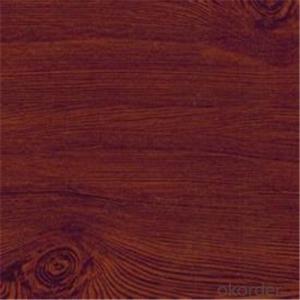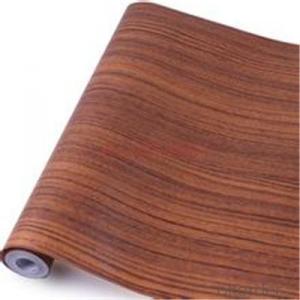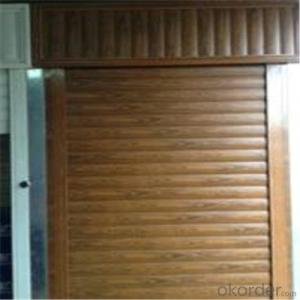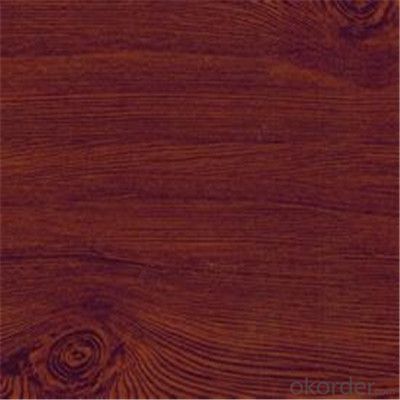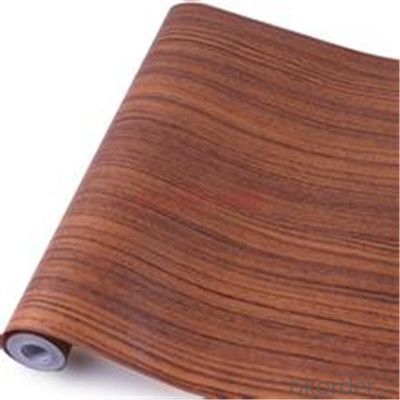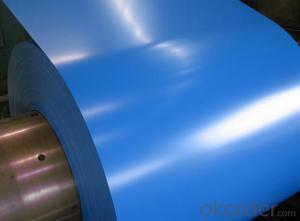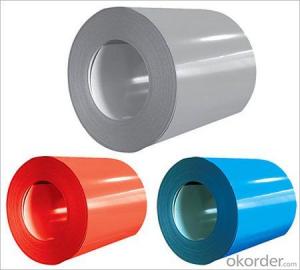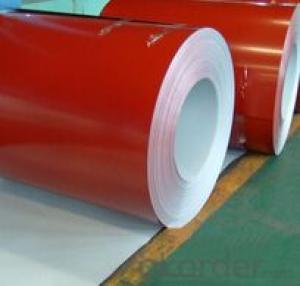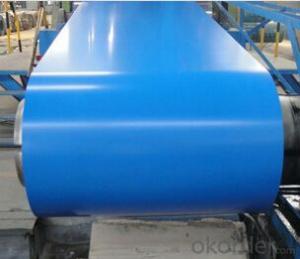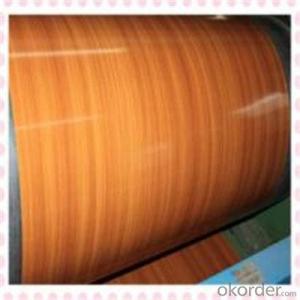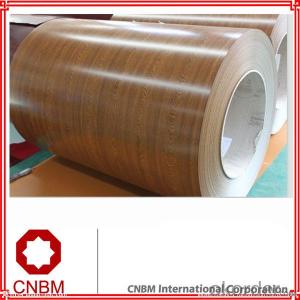Wood Pattern Printed Prepainted PPGL Steel Coils
- Loading Port:
- Shanghai
- Payment Terms:
- TT OR LC
- Min Order Qty:
- 90 m.t.
- Supply Capability:
- 1200000 m.t./month
OKorder Service Pledge
OKorder Financial Service
You Might Also Like
Specification
Description of PPGI:
1. Width: 600~1250mm
2. Thickness: 0.19~1.50mm
3. Grade: JIS G3312-CGCC, CGC340-570, (G550) ASTM A755M CS-B, SS255-SS550
4. Coil Weight: 3~10Mt
5. Coil ID: 508mm/610mm
6. Chemical Treatment: Chromated (Cr 3+, 6+, 0+)
Festures of PPGI:
Building industry | Outdoor application | Roof, structural balcony, panels, window sills, window frames, gates, garage doors, rolling doors, booths, shutters, watch rooms, makeshift houses, street waiting room (booth), refrigerators, etc. |
Indoor application | Room doors, dividing walls, door frames, light house steel structures, sliding doors, screens, ceilings, toilets, interior elevator lobby, stairwayventilating duct, communication pipelines. |
Specifications of PPGI:
1. PPGI is coated with organic layer, which provides higher anti-corrosion property and a longer lifespan than that of galvanized steel sheets.
2. The base metals for PPGI consist of cold rolled, HDG electro-galvanized and hot-dip alu-zinc coated steel. The finish coats of PPGI can be classified into groups as follows: polyester, silicon modified polyesters, polyvinylidene fluoride, high-durability polyester, etc.
Images of PPGI:
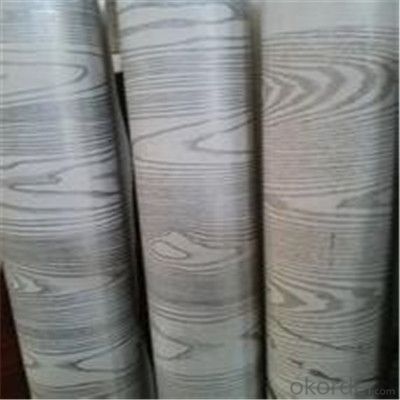
FAQ:
1.What about the delivery.
We can arrange the shipment about 15-25 days after the deposit.
2.What about payment term?
30% T/T deposit, balance against B/L copy.
Full T/T payment if quantity less than MOQ.
3.How much about MOQ?
Normally 100pcs,but small order is acceptable as well.
- Q: How do steel coils compare to other materials in terms of strength?
- Steel coils are renowned for their remarkable strength and durability, rendering them among the most robust materials obtainable in the market. In comparison to alternative materials like aluminum or plastic, steel coils demonstrate unparalleled strength and resilience against deformation or breakage. Due to the elevated tensile strength of steel, coils can withstand substantial loads, thereby rendering them perfect for diverse industrial uses, encompassing construction, automotive manufacturing, and the production of heavy machinery. Moreover, steel coils possess exceptional fatigue resistance, enabling them to endure repetitive stress and strain without compromising their structural integrity. This strength advantage positions steel coils as the preferred choice for applications that prioritize reliability and safety.
- Q: I want to design and fab a steel helmet like that in the latest Batman cartoon movie. Only problem I can foresee is staining the metal red.
- This okorder
- Q: I have a Nike SQ Sumo 21 degree and it is a steel shaft. I hit the ball very high with this club and I lose distance. I don't hit any of my other clubs high it's just this one. Is it because of the steel shaft or is it the club? Help please.
- if you are a good player they say steel shaft is better. more consistent. I prefer graphite its lighter and I can flip my wrists easier.
- Q: How are steel coils used in the production of wind turbine components?
- Steel coils are used in the production of wind turbine components for their strength and durability. These coils are typically formed into various shapes and sizes to create structural elements such as towers, frames, and foundations. The steel coils are also used to manufacture critical parts like rotor blades, gearboxes, and generator housings, ensuring the turbines withstand harsh environmental conditions and operate efficiently.
- Q: Can steel coils be coated with scratch-resistant materials?
- Yes, steel coils can be coated with scratch-resistant materials. These materials can provide a protective layer that minimizes the risk of scratches and damage to the steel coils during transportation, handling, and storage.
- Q: Steel resist tension. Then why we provide steel in compression zone ?
- There are several reasons to add compression steel. Keep in mind, supported steel (meaning it can't buckle) resists compression as well. Compression steel helps reduce long term deflections. Concrete creeps under sustained loads. Steel lessens the compression, meaning less sustained compressive stress to cause creep deflection. It makes members more ductile. Since the steel takes some of the compressive stress, the compression block depth is reduced, increasing the strain in the tension steel at failure, resulting in more ductile behavior (the moment at first yield remains largely the same with compression steel added, but the increase in capacity after yield is significant). Compression steel insures that the tension steel yields before the concrete crushes, meaning it helps change the failure mode to tension controlled. It makes beams easier to construct. With bars in the top and bottom, you have longitudinal reinforcement in all 4 corners of the shear stirrups to keep them in place when pouring the concrete. Also, for continuous members, its often easier to run your negative moment steel the full length of the beam rather than trying to cut it off in the positive moment regions. Serviceability concerns. You're going to end up putting steel in that region anyway to for temperature and shrinkage.
- Q: What are the different methods of joining steel coils?
- There are several methods used for joining steel coils, including welding, brazing, soldering, and mechanical fastening. Welding is the most common method, which involves melting the edges of the coils and fusing them together. Brazing and soldering involve using a filler metal with a lower melting point to join the coils. Mechanical fastening methods include using bolts, screws, or clips to connect the coils together. Each method has its own advantages and is chosen based on the specific requirements and constraints of the application.
- Q: How do steel coils perform in corrosive environments?
- Steel coils exhibit excellent performance in corrosive environments due to their inherent resistance to corrosion. This is primarily because steel, being composed of iron and various elements like carbon, produces a protective layer called a passive film. This passive film acts as a barrier between the steel surface and corrosive elements, effectively preventing direct contact and minimizing the risk of corrosion. Moreover, steel coils can be coated with different protective coatings to enhance their corrosion resistance. Coatings like zinc or epoxy provide an additional layer of protection, significantly prolonging the lifespan of steel coils in corrosive environments. However, it is important to acknowledge that the performance of steel coils in corrosive environments can still be influenced by factors such as the type of corrosive agent, duration of exposure, and presence of other contaminants. In highly aggressive environments, such as those with high humidity, exposure to saltwater, or acidic chemicals, the protective layers on steel coils might deteriorate over time, thereby increasing the potential for corrosion. To ensure optimal performance in corrosive environments, it is advisable to choose steel coils with corrosion-resistant properties, such as stainless steel or galvanized steel. Regular maintenance and inspections are also crucial to promptly detect any signs of corrosion and implement appropriate measures to prevent further damage. In conclusion, steel coils generally exhibit good resistance to corrosion in most environments, but the severity of the corrosive conditions can ultimately impact their performance.
- Q: What are the common methods of handling steel coils during production?
- During production, steel coils can be handled using a variety of methods. These methods have been developed to guarantee the secure movement and storage of the coils, as well as to streamline the processing. 1. Forklifts: Within a production facility, forklifts are frequently employed to transport steel coils. Equipped with specialized attachments like coil rams or coil hooks, forklifts securely grip the coils, making transportation effortless. They are especially useful for moving coils over short distances or between different areas of the production floor. 2. Overhead cranes: Another commonly used method for handling steel coils is through the use of overhead cranes. These cranes are usually fixed on rails and can span the entire length of the production facility. By utilizing lifting devices such as C-hooks or magnets, overhead cranes can securely lift and transport the coils. They are particularly beneficial for moving large or heavy coils over longer distances. 3. Coil cars: Coil cars are specialized vehicles mounted on rails, specifically designed to transport steel coils within a production facility or between different areas of a steel mill. These cars are equipped with adjustable arms or forks that can be positioned to securely hold the coils. Coil cars are often utilized when there is a need to move large quantities of coils simultaneously. 4. Coil racks: To store steel coils in a vertical position, coil racks are employed. Constructed from heavy-duty steel, these racks are designed to securely hold multiple coils. They are commonly found in warehouses or storage yards, maximizing space while allowing easy access to the coils. 5. Coil trailers: For long-distance transportation of steel coils, specially designed trailers known as coil trailers are used. These trailers incorporate built-in coil cradles or bunks that securely hold the coils during transit. They often feature adjustable or removable coil racks to accommodate different sizes or configurations of coils. In summary, various specialized equipment such as forklifts, overhead cranes, coil cars, coil racks, and coil trailers are commonly used to handle steel coils during production. These methods prioritize worker safety and coil integrity while promoting efficient movement and storage throughout the production process.
- Q: Can i make holes in iron and steel with somekind of drill bit. All i have is metal drill bits. Mabey like 68 of them but i dont know wich one to use and if they will penetrate.
- That's what drill bits are made for. Those for steel and iron will usually be made of high speed steel. What is important, is the sharpening, and of course, the overall condition of the drill bit. If you need to drill a larger hole, it is helpful to drill a small hole first (pilot drilling), then open it out to size. Never use drill bits you intend to drill iron or steel with to drill such as timber! It will ruin them for steel working.
Send your message to us
Wood Pattern Printed Prepainted PPGL Steel Coils
- Loading Port:
- Shanghai
- Payment Terms:
- TT OR LC
- Min Order Qty:
- 90 m.t.
- Supply Capability:
- 1200000 m.t./month
OKorder Service Pledge
OKorder Financial Service
Similar products
Hot products
Hot Searches
Related keywords
